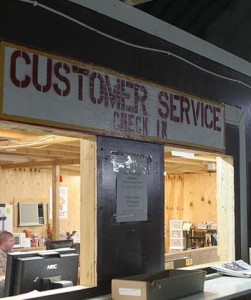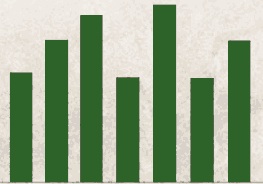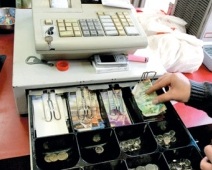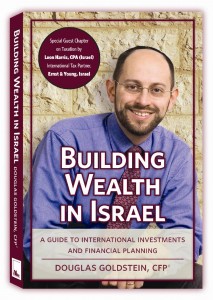This year, however, a new nationwide poll by the Chasdei Naomi charitable foundation found that Israel’s worsening economic situation is leading to cutbacks on this venerable if oft-times too lavish tradition.
According to the poll, 10% of Israelis plan to cut back on their mishloah manot expenditures by up to 50% this year compared with last. How much does that mean tachlis? Well, the poll found that, of the 58% of the population that makes it a practice distribute Purim packages, 28% spend up to NIS 50 a basket, 26% go between NIS 50 and NIS 100, and 26% are willing to spend over NIS 200.
Sometimes, you don’t even have a choice. Giving to your children’s classmates in kindergarten and school is obligatory (at least, unless you want your child to be socially shunned). But the practice among our friends, of preparing up to 20 different packages and running them door to door on Purim day, could be cut, both in terms of what’s in the basket and how many people you give to.
Buying cheaper products can also help. An article on the subject in Haaretz today suggested that by buying private label treats at major supermarket chains, you can save big: up to 20% at Super-Sol and 31% at Mega. Making your own hamentaschen instead of buying from Roladin (which goes as all out for its Purim cookies as it does for Hanukah sufganiyot) can also help.
However you do your analysis, you don’t have to break the bank on Purim while still celebrating the holiday with lots of joy. After all, one of the holiday “slogans†is not being able to tell the difference between things. Whether that’s the good vs. bad of Mordechai and Haman, the story’s protagonists, or the total tastiness of the munchies in a mishloach manot, at the end of the day, all will be forgotten.
![By Yoninah [GFDL (http://www.gnu.org/copyleft/fdl.html), CC-BY-SA-3.0 (http://creativecommons.org/licenses/by-sa/3.0/) or CC-BY-2.5 (http://creativecommons.org/licenses/by/2.5)], via Wikimedia Commons](https://minusplus.org/wp-content/uploads/2013/02/Homemade_hamantaschen_cropped-300x264.jpg)



 Haaretz
Haaretz
 I was interviewed this week on Doug Goldstein’s “Goldstein on Gelt” program on Rusty Mike Radio. It’s a fun and lively program and I think it will provide you some tips on saving money, as well as what I do for my clients. Doug is the author of “Building Wealth in Israel.
I was interviewed this week on Doug Goldstein’s “Goldstein on Gelt” program on Rusty Mike Radio. It’s a fun and lively program and I think it will provide you some tips on saving money, as well as what I do for my clients. Doug is the author of “Building Wealth in Israel.  Probably the biggest consumer frustration for Anglo immigrants is the inability to get your money back from a store if you’re not satisfied with a purchase. About the best you can expect is store credit, and even that’s dicey at times. But Haaretz is
Probably the biggest consumer frustration for Anglo immigrants is the inability to get your money back from a store if you’re not satisfied with a purchase. About the best you can expect is store credit, and even that’s dicey at times. But Haaretz is  The Marker’s Ami Ginsburg writes a fun, but serious take on the ten plagues in regards to our bank accounts.
The Marker’s Ami Ginsburg writes a fun, but serious take on the ten plagues in regards to our bank accounts.